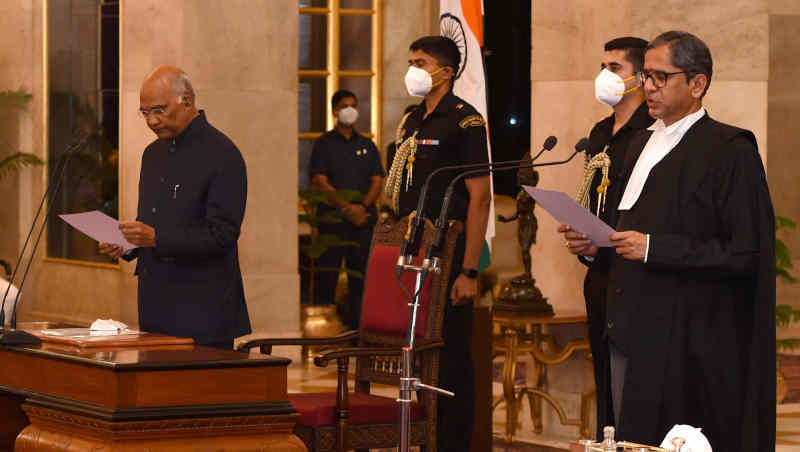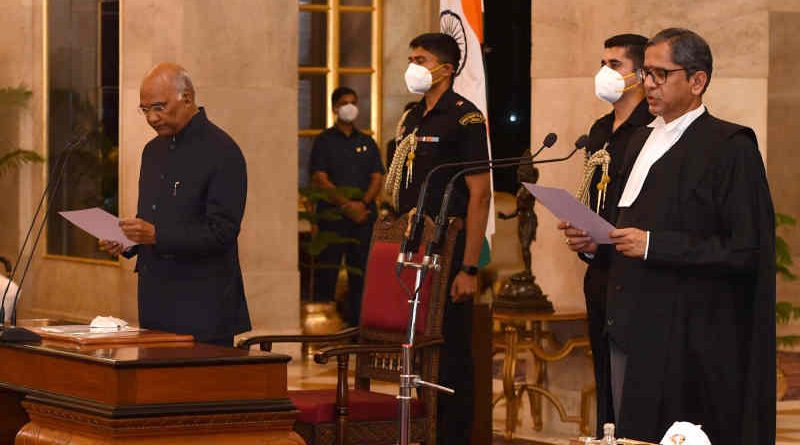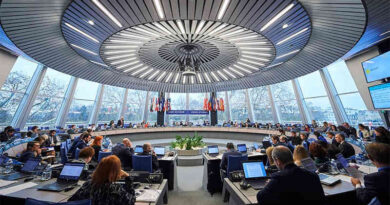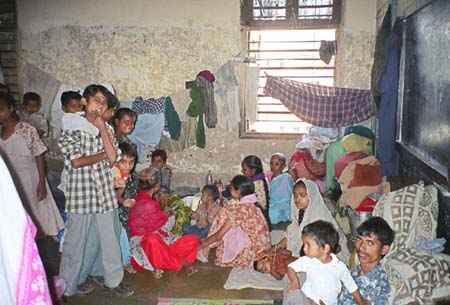Police Misuse Power to Harass Govt Critics: Chief Justice Ramana

The Supreme Court asserted that police officers work as the voice of their political masters instead of following the rule of law.
By RMN News Service
The Chief Justice of India (CJI) N.V. Ramana on Thursday (August 26) observed that police officers in India collude with the ruling party to harass political opponents and critics of the government.
A Supreme Court bench headed by Ramana said in a case that it is a “disturbing trend” in India where police side with the ruling party. “Police officers who want to be in the good books of the ruling party misuse power and harass political opponents,” the CJI said.
Holding police responsible for this disturbing trend, the Supreme Court asserted that police officers work as the voice of their political masters instead of following the rule of law.
The Supreme Court comments hold added importance, as there are multiple reports of police targeting rivals and critics of the ruling party with politically motivated probes, sedition cases, and other frivolous charges.
Although most judges in India lack courage to speak against the political leadership, Chief Justice Ramana has been constantly voicing his concerns over the eroding democratic values and human rights violations in the country.
Recently, he said that the right of people to change those in office through elections was no “guarantee against tyranny” of the elected and argued that democracy and its benefits could only be ensured by giving space to both “reasoned and unreasonable” public discourse.
Ramana also expressed concern at custodial torture saying that the threat to human rights and bodily integrity are the highest in India’s police stations.
He highlighted that custodial torture and other police atrocities still prevail despite Constitutional guarantees, adding that the lack of effective legal representation at police stations is a huge detriment to arrested / detained persons.
Ramana also said on August 15 that there is a lack of quality debate in Parliament while enacting laws which leads to excessive litigation.




